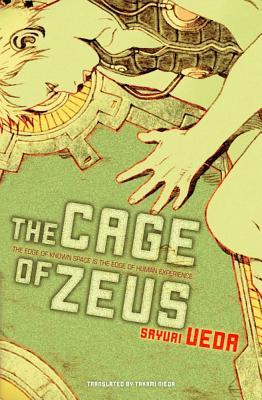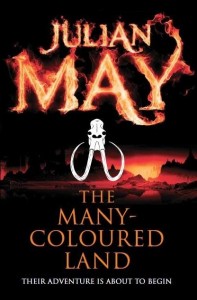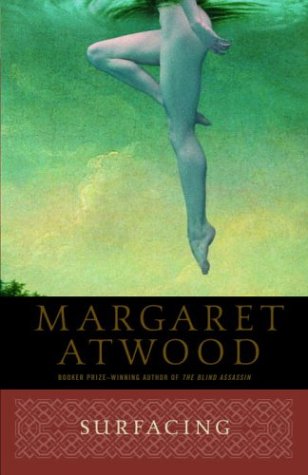Cultural Tourists (Part 1): Publishing and Representation

One of my goals is to read as diverse literature as possible — at least those by authors outside of the US and the UK (since these two are the major players in the global publishing industry). The unfortunate reality is this: I keep on failing. That’s not to say I don’t occasionally succeed; just the other day, I finished reading a local anthology — Maximum Volume: Best New Philippine Fiction 2014 (ed. Dean Francis Alfar & Angelo R. Lacuesta) — but that’s only because it’s a local publication and I’m friends with some of the contributors. The said anthology being a title published in the Philippines, it poses some challenges in terms of accessibility that authors/publishers from other countries might experience:
Mining the Genre Asteroid: The Saga of Pliocene Exile by Julian May

22nd Century Earth is a pretty nice place. Earth is becoming more and more integrated into the Galactic Milieu, with alien trade and technology rapidly fixing the problems of Earth and making life better for everyone. Mental powers, for so long disbelieved, distrusted and unreliable, have proven to be a Thing, and it is in fact Man’s discovery of these metapsychic powers that caused First Contact to happen in the first place back in 2013. Yet, even in a Earth heading toward utopia, there are going to be people who are dissatisfied. There are people not so happy with the idea of alien cultures influencing and affecting Earth. There are those who seek a “final frontier”, one even more exotic than colonizing nearby star systems. There are those who seek to disrupt this happy society.
Book Review: Surfacing by Margaret Atwood

This semester, I’m teaching a course on American literature which seeks to challenge what that term actually means and how we can define “American Lit” as something which is multi-national, multi-cultural, and infinitely larger. After all, we live in the Americas; technically speaking, Canadians are Americans in this sense of the term. That’s why I’m here talking about Surfacing by Margaret Atwood and not As I Lay Dying by William Faulkner. Though only loosely fantastic, Atwoods Surfacing is a complex, character-driven feminist tale about relationships, patriarchy, nationalism, and the human psyche. It follows an unnamed narrator who returns with her friends to her childhood home to search for her missing father, who she assumes has either died or run off into the woods. As she tries to piece together her father’s last days from the clues left in his cabin, she is confronted with her friends’ abusive marriage, her recent and distant past, and the crippling expectations of post-WW2 society (and the changes brought on by the Quiet Revolution in 1960s Quebec). Though not intended as horror, Surfacing explores its themes with a sense of impending terror, such that the final moments, which I won’t discuss in any detail here, are profoundly fantastic, with the character drama forming the root of an exploding, terror-driven tree.

